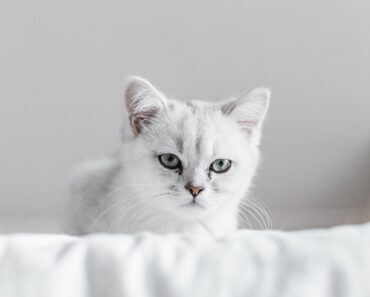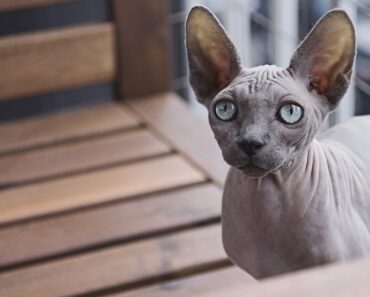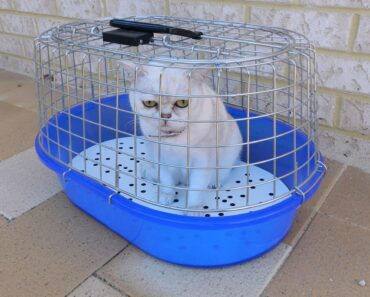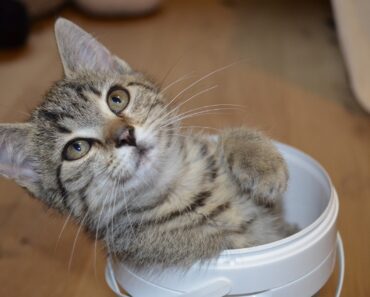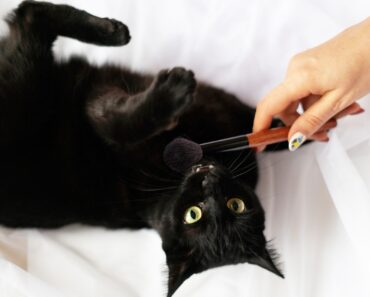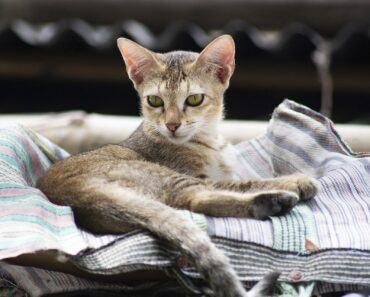Cats are by nature carnivores who prefer fish and meat in their diet, but they also like vegetarian foods and grass in particular. It is very interesting and useful for the stuffed cat to know what kind of plants he likes and if they are bad for his body.
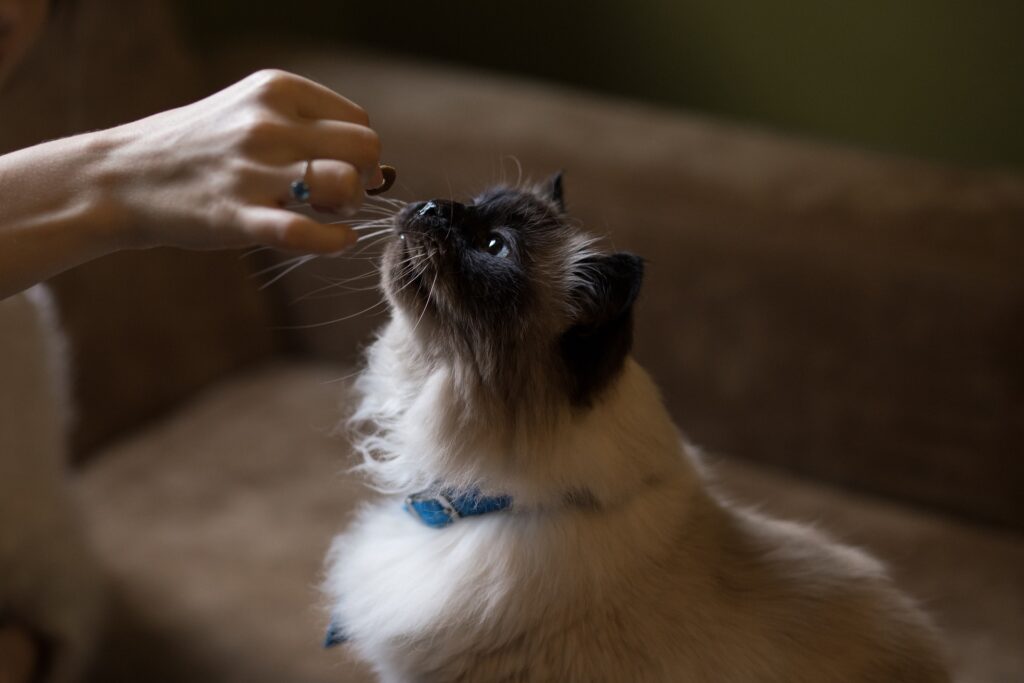
Why do cats eat grass
Cat owners often explain this way of eating to their pets as the need to fill up on vitamins, but that’s not entirely true. The way zoologists explain cat herding is a little different. Cats don’t produce enzymes to digest fiber, so the grass is not digested. Stubborn plant fibers irritate the stomach walls and cause regurgitation, freeing the stomach of undigested food scraps and clumps of hair. The chlorophyll in green vegetables has an additional therapeutic effect. It has an analgesic and anti-infectious effect and improves the condition of the skin.
Which herbs are good for your cat
Cats choose fresh grass with tough leaves for their walks. These grasses irritate the mucous membranes of the gastrointestinal tract and have an excellent cleansing effect. It is a kind of “gut cleaner”. For example, quackgrass is popular with cats and is used in traditional medicine to treat many gastrointestinal diseases, metabolic disorders and joint diseases. It is quite possible that cats use it not only for cleansing, but also for medicinal purposes. To grow grass yourself, you can use seeds from perennial grass mixes, oat, wheat and millet seeds. Dry cat seed or already sprouted grass in plastic containers are always available at pet stores. Pets may chew on houseplants in search of the right herb. You should know that not all houseplants are safe for cats. The following plants are considered dangerous to cats: garden plants: lupine, belladonna, marigold, geraniums and many bulbs; houseplants: hydrangea, diffenbahia, philodendron and aloe. Urban grass growing outdoors can also be dangerous, as it is often treated with chemicals. In the city, there is also a lot of dust, dirt and exhaust fumes that settle on lawns. Eating grass outdoors puts pets at risk of viral or bacterial infection. The best solution is to sprout your own grass.
Some sprouted herbs are not only good for cats, but also for their owners. The healing properties of oats and wheat germ are well known. They are a treasure trove of vitamins and minerals!
Options for a green lawn on your windowsill
For indoor pets who live permanently in your apartment, a green patch on your windowsill is your cat’s favorite place to rest and recharge. It’s easy to create one – you just need to know what kind of plants your cat prefers. The only way to find out is through trial and error. Grow a few herbs and see what your cat likes best. There are several ways to sprout seeds.
Traditional. This method requires a suitable container that is two to three inches high. At the bottom of the container, pour a two to three inch layer of soil and moisten it. Spread the seeds evenly over the soil and pour another two centimeters of soil, which should also be moistened. Then cover the container with cling film to create a greenhouse effect. As soon as the first shoots appear, remove the foil.
Without soil. For this method, you will need a cotton or gauze mat, some plastic plates and cling film instead of soil. Place the plates on top of each other, make small holes in the top plate to allow water to drain, and cover the bottom with a cotton or gauze mat. Moisten the substrate and spread the seeds on top. Put a plastic sheet on top. Remove the foil as soon as the first shoots appear.
Sawdust. This method is similar to the first, the only difference being that sawdust is used as the substrate. A suitable cat litter can be used.
All these methods do not present any particular difficulties. The only thing to consider is to always use a clean container for germination. For example, a sprouting box that has been stored in your cottage may encourage the cat to use it as a litter box, due to the lingering odors from outside. For animals fed full rations, the consumption of grass clippings is less of a problem. For them, a home lawn, if large enough, will be more of a resting place.

